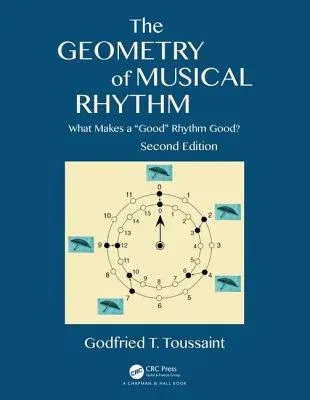Godfried T Toussaint
(Author)The Geometry of Musical Rhythm: What Makes a Good Rhythm Good?, Second EditionPaperback, 19 December 2019

Qty
1
Turbo
Ships in 2 - 3 days
Only 3 left
Free Delivery
Cash on Delivery
15 Days
Free Returns
Secure Checkout

Part of Series
AK Peters/CRC Recreational Mathematics
Print Length
352 pages
Language
English
Publisher
CRC Press
Date Published
19 Dec 2019
ISBN-10
0815370970
ISBN-13
9780815370970
Description
Product Details
Author:
Book Format:
Paperback
Country of Origin:
US
Date Published:
19 December 2019
Dimensions:
27.43 x
21.59 x
2.29 cm
ISBN-10:
0815370970
ISBN-13:
9780815370970
Language:
English
Location:
Oxford
Pages:
352
Publisher:
Weight:
816.47 gm